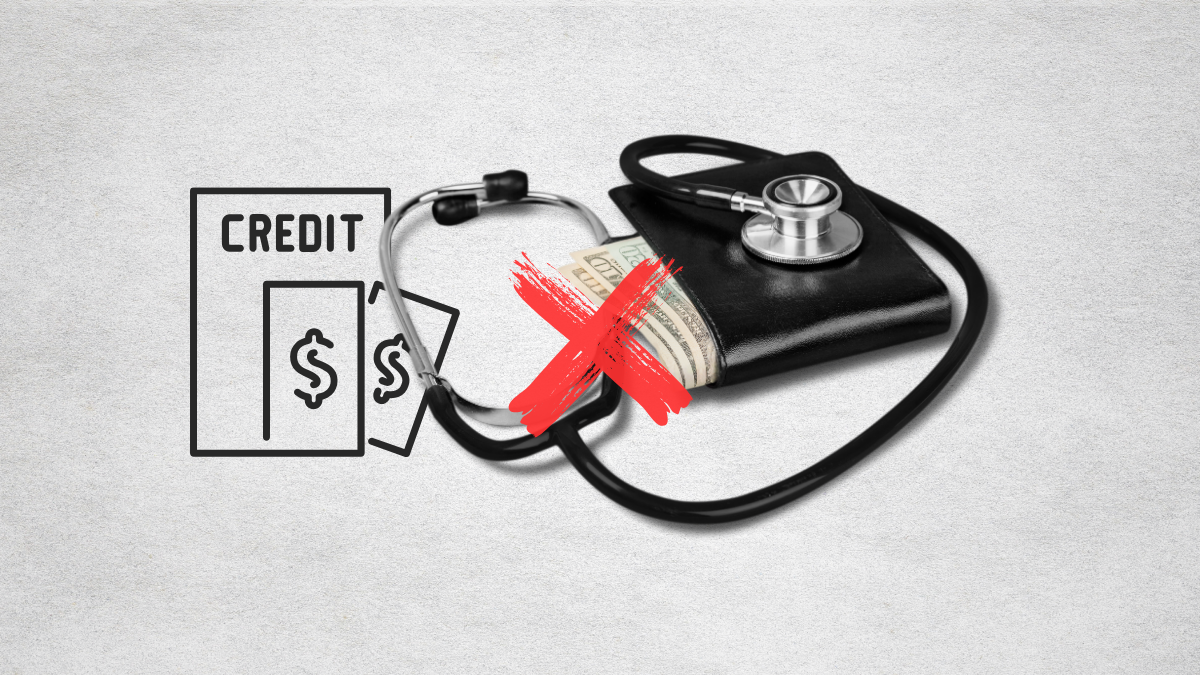Source: Cardinal & Pine
In its final days, the Biden administration is helping to reduce the burden of medical debt through a rule that will remove $49 billion in unpaid medical bills from the credit reports of 15 million Americans.
Announced earlier this month, unpaid medical bills will no longer appear on credit reports due to a final rule by the Consumer Financial Protection Bureau. This move will ensure that Americans are not denied access to credit for home mortgages, car loans, or small business loans.
“People who get sick shouldn’t have their financial future upended,” stated Rohit Chopra, the bureau’s director, in a press release. “The CFPB’s final rule will close a special carveout that has allowed debt collectors to abuse the credit reporting system to coerce people into paying medical bills they may not even owe.”
The bureau estimates that the rule could help boost credit scores by an average of 20 points, and could lead to the approval of 22,000 additional mortgages every year.
“No one should be denied economic opportunity because they got sick or experienced a medical emergency. That is why President Biden and I cancelled over $1 billion in medical debt – part of our overall plan to forgive $7 billion by 2026 – with support from our American Rescue Plan, legislation that I advanced with my tie-breaking vote in the Senate. We also reduced the burden of medical debt by increasing pathways to forgiveness and cracking down on predatory debt collection tactics,” stated Vice President Kamala Harris in a statement.
“This will be life-changing for millions of families, making it easier for them to be approved for a car loan, a home loan, or a small-business loan. As someone who has spent my entire career fighting to protect consumers and lower medical bills, I know that our historic rule will help more Americans save money, build wealth, and thrive.”
Last year, North Carolina Governor Roy Cooper and the NC Department of Health and Human Services announced their own efforts to combat medical debt. By leveraging the state’s Medicaid program, the NCDHHS submitted a request to approve a set of conditions hospitals must meet to be eligible to receive an enhanced amount of Medicaid funds.
The conditions included relieving existing medical debt and establishing policies to prevent the accumulation of medical debt for low- and middle-income North Carolinians. Hospitals that choose not to meet these conditions will receive the standard amount of these funds, according to a press release.
The effort would relieve a potential $4 billion in existing medical debt for approximately two million low and middle-income North Carolinians and ease the burden of medical debt in the future.
“Large medical bills from sickness or injury can cripple the finances of North Carolinians, particularly those who are already struggling,” stated Governor Cooper, in a press release. “Freeing people from medical debt can be life-changing for families, as well as boost the overall economic health of North Carolina.”
According to the Biden administration, Medical debt is the largest source of debt with more than 100 million Americans struggling with it. Medical debt makes up a larger portion of debt over credit cards, utilities, and auto loans.





